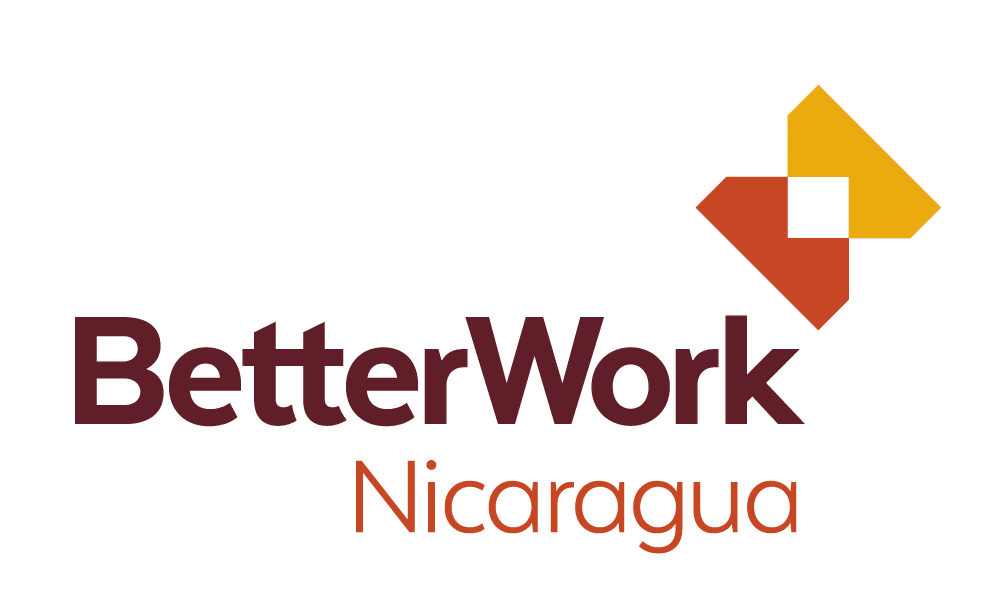Better Work Nicaragua
Launched in 2010 through a cooperative agreement between the Nicaraguan government and international stakeholders, Better Work Nicaragua supported the country’s garment industry by improving working conditions and enhancing competitiveness through advisory services, training, and regular compliance assessments. The programme aimed to reduce poverty and expand decent work opportunities in the apparel sector.
Beyond the factory floor, Better Work Nicaragua played a key role in strengthening national institutions, promoting social dialogue, and embedding gender equality across its operations. Between January 2022 and September 2025, the programme organized 169 training events covering 17 different training topics, reaching 2,329 participants—1,100 of whom were women—as well as 8 industry seminars with 185 participants in total.
Over time, factories participating in the programme showed steady improvements in compliance with ILO labour standards and national legislation, especially in areas such as contracts, occupational safety and health, and working hours.
In early 2025, the Government of Nicaragua informed the ILO of its decision to withdraw from the Organization. As a result, Better Work operations in factories came to an end, and the programme officially closed at the end of September 2025.
Strategic Goals
Better Work Nicaragua’s 2023-2027 strategic phase will work to achieve the following outcomes
Latest news
We have really tried to be human: Factory manager in Nicaragua
Claudia Salame, a manager at a garment factory in Nicaragua, champions key issues for women workers.
Better Work leads first Human Resources Industry Seminar in Nicaragua
Contribution to Priority Themes
Better Work`s global strategy, Sustaining Impact sets out eight thematic priorities for our programme of work. Better Work Nicaragua`s work focuses on four of these cross-cutting themes, which are essential to achieving our strategic outcomes and will be present in our factory engagement, research, policy influencing and content produced as well as affect how we allocate our human and financial resources:
Data and Evidence
The use and accessibility of key Better Work factory data collected through assessment, advisory and training is constantly under review. Better Work Nicaragua is committed to evidence-based impact measurement to assess the impact of the POSH (Prevention of Sexual Harassment) intervention. Results will be used to further raise awareness about the importance of work on this issue among constituents.
Gender Equality and Inclusion
Better Work Nicaragua has developed a holistic methodology called “POSH – Prevention of Sexual Harassment”, which works with factories for six months to implement a comprehensive intervention. This approach will continue to be expanded (currently in one third of Better Work Nicaragua factories) to more companies.
Occupational Safety and Health
Better Work Nicaragua will continue to work on building a safety and health culture through worker-management dialogue and strengthening the unions’ capacity to work productively with employers on this thematic area. The programme will also focus on the management systems required for developing, implementing, achieving and maintaining safety and health policies.
Social Dialogue
Social Dialogue is at the core of factory level work in Nicaragua as the programme has supported the establishment of strong bi-partite committees at the enterprise level. The programme continues to strengthen these committees and their members to make inclusive and transparent social dialogue the norm in the sector.


